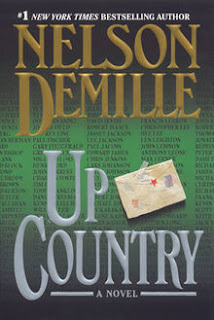 More Misery for Temple
More Misery for TempleMany novels can be said to have split personalities; few wear them as open and proud as Requiem For A Nun.
Alternately
a series of narrative prose-poems detailing the history of a Southern American town,
and as acts in a play about the murder of an infant, Requiem For A Nun
demonstrates William Faulkner’s willingness to push against boundaries of culture
as well as genre. The result is a mess, if sometimes a moving and involving one.




